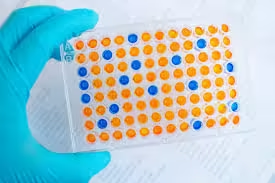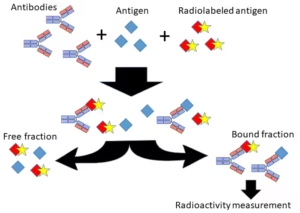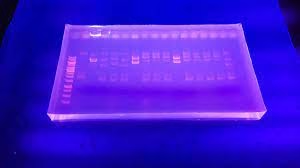
Definition Carbohydrates are biomolecules consisting of carbon (C), hydrogen (H), and oxygen (O), typically following the empirical formula (CH2O)n, where “n” represents the number of carbon atoms. Carbohydrates can be Read More ……..
Simplifying Allied Health Learning.

Definition Carbohydrates are biomolecules consisting of carbon (C), hydrogen (H), and oxygen (O), typically following the empirical formula (CH2O)n, where “n” represents the number of carbon atoms. Carbohydrates can be Read More ……..

Introduction Blood vessels deliver nutrients, oxygen and hormones to cells of the body and remove metabolic waste products and CO2 from them through blood. Exchange of these substances takes place Read More ……..

Introduction Enzyme-Linked Immunosorbent Assay (ELISA) is a popular and widely used biochemical technique designed to measure the concentration of substances, usually antigens or antibodies, in a liquid sample. It is Read More ……..

Radioimmunoassay Radioimmunoassay (RIA) is a highly sensitive and specific laboratory technique that measures minute amounts of antigens or substances (such as hormones, drugs, and proteins) in biological samples. RIA works Read More ……..

Introduction Electrophoresis is a laboratory technique used to separate charged molecules such as DNA, RNA, or proteins using an electric field. Molecules carry a net charge depending on their structure Read More ……..